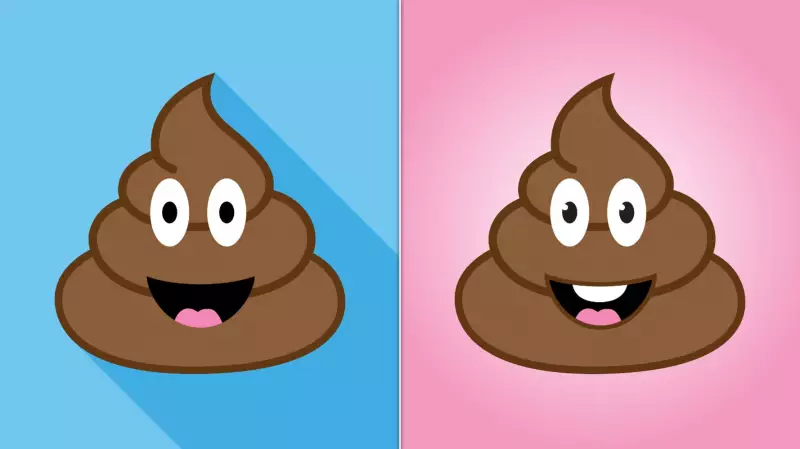
If you've ever faced the embarrassing and frustrating situation of stubborn stool clinging to your toilet bowl, you're not alone. Recent scientific research has uncovered the fascinating reasons behind this common bathroom dilemma, and it all comes down to the delicate balance of fats in your digestive system.
The Science Behind Sticky Situations
Researchers have discovered that sticky stools occur when your body isn't properly absorbing dietary fats. This malabsorption leads to excess fat in your feces, creating that glue-like consistency that makes cleaning particularly challenging. The higher the fat content, the more adhesive your stool becomes to porcelain surfaces.
What Your Stool Consistency Reveals About Your Health
According to the widely-used Bristol Stool Chart, healthy stools should be types 3 or 4 - smooth, soft, and easy to pass. Sticky stools typically fall into types 1 or 2, indicating potential digestive issues. This texture can signal conditions like:
- Pancreatic insufficiency
- Celiac disease
- Inflammatory bowel disease
- Gallbladder issues
- Certain food intolerances
Practical Solutions for a Cleaner Flush
Beyond addressing underlying health concerns, there are immediate steps you can take to prevent sticky situations:
- Use toilet bowl liners or sprays that create a protective barrier
- Consider biodegradable toilet paper placed in the bowl before use
- Install a bidet attachment for easier cleaning
- Maintain proper hydration to improve stool consistency
When to Seek Medical Advice
While occasional sticky stools are normal, persistent issues accompanied by other symptoms like abdominal pain, weight loss, or fatigue warrant medical attention. Your doctor can perform tests to identify any underlying conditions affecting your fat absorption.
Remember, paying attention to your bathroom habits can provide valuable insights into your overall digestive health. What happens in the toilet bowl might just be your body's way of sending an important message about your well-being.






